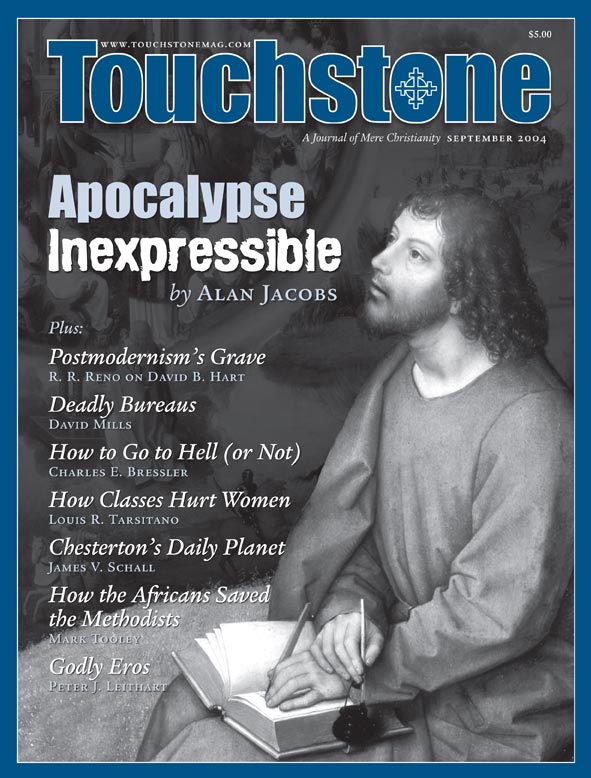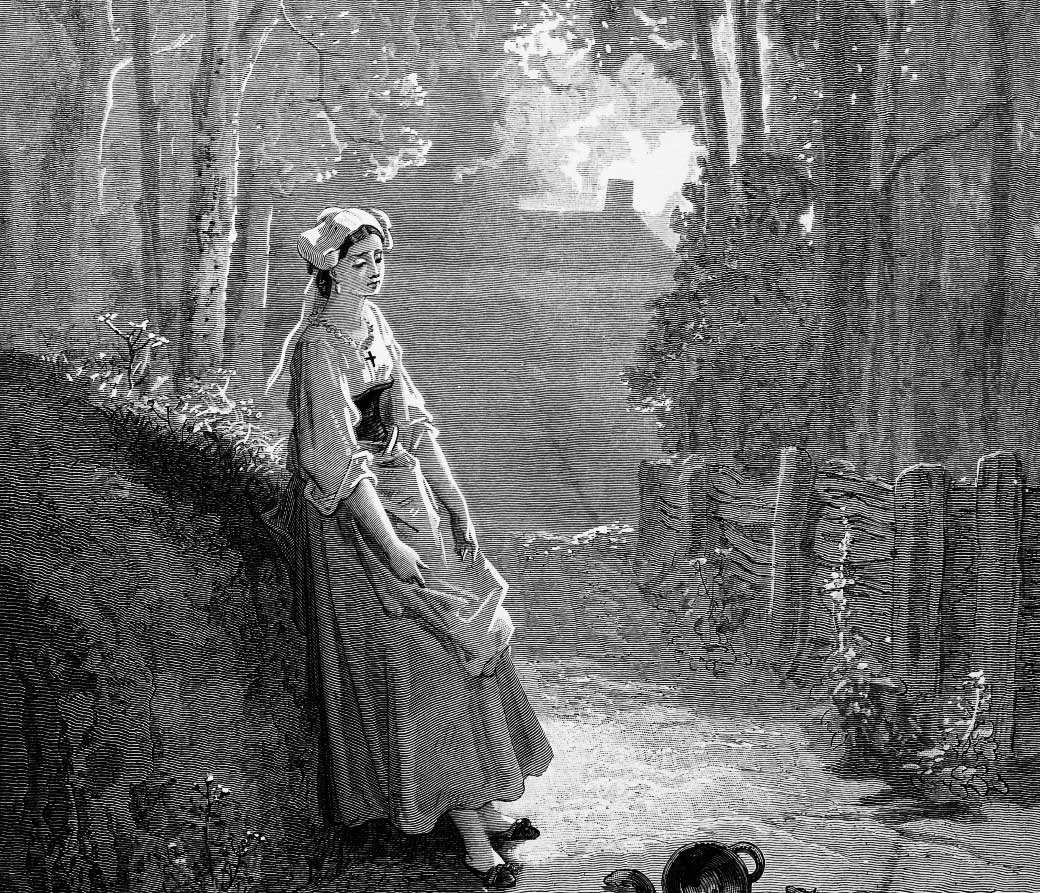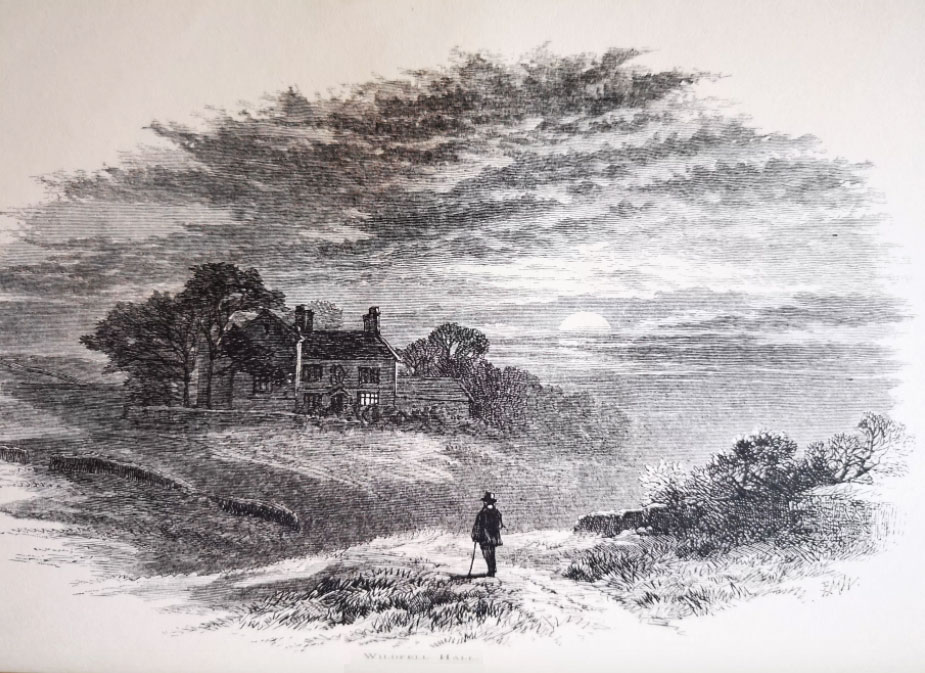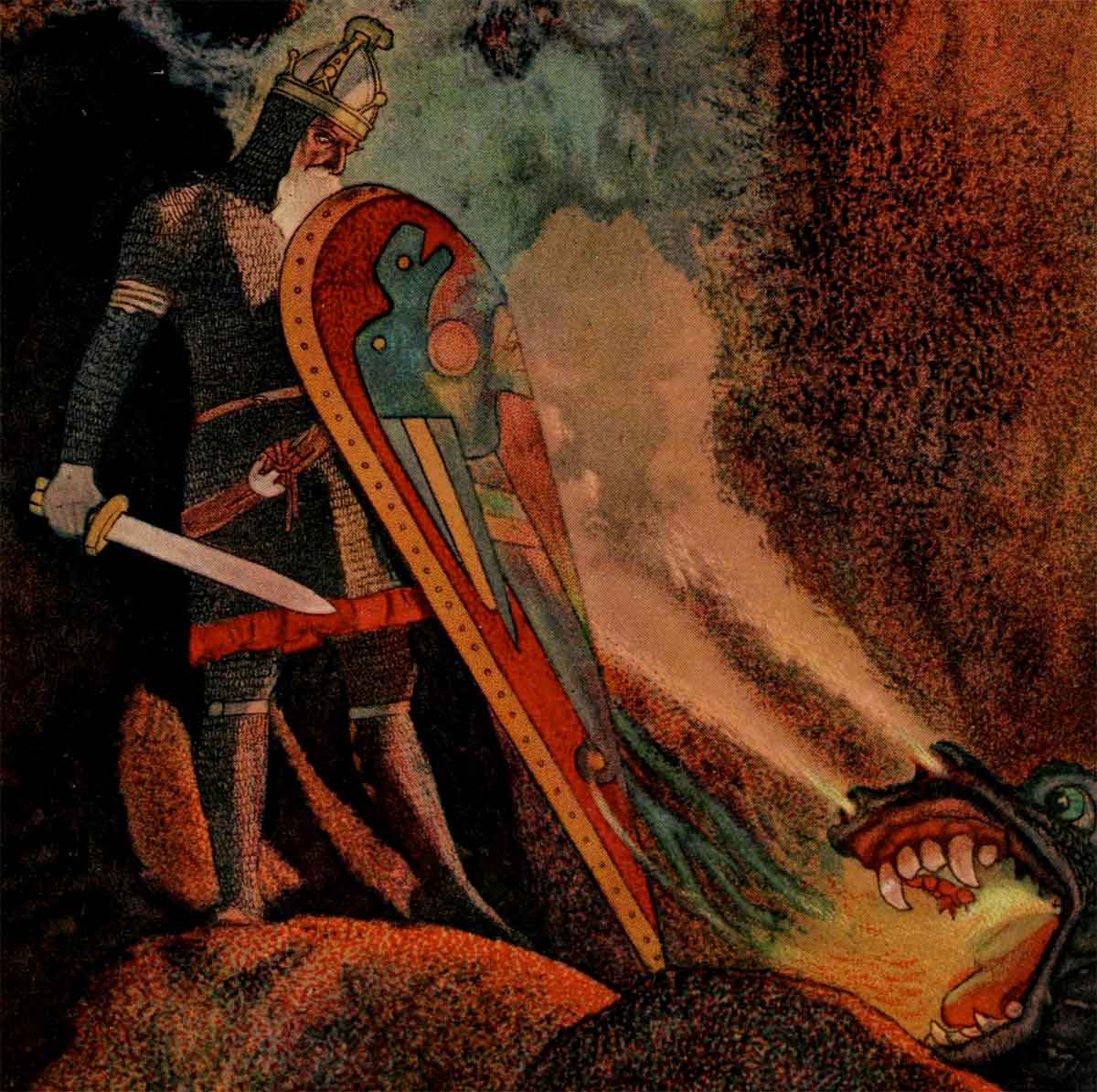View
Godly Eros
Peter J. Leithart on Christian Love in Marriage
“Erotic” films are housed in a separated, smarmy section of the video store; “erotic” web sites are, purportedly, off-limits to everyone under 18; and any decent parent has to shield his child’s eyes when they pass the “erotic” novels section at Borders. In today’s usage, “erotic” is virtually equivalent to “pornographic.”
This is a tragedy. If Christians are going to grasp the truth about sex and marriage, and effectively combat our culture’s profound sexual confusions, we must not abandon eroticism to the pimps and pornographers. We must instead become eroticism’s strongest advocates.
Let me explain. Greek has several words for love: Philia, which refers to friendship and brotherly affection; agape, often defined as self-giving, selfless love; and eros, often defined as self-love or self-seeking love. Eros and agape have often been sharply contrasted, as in these words from Alan Soble:
Eros is acquisitive, egocentric or even selfish; agape is a giving love. Eros is an unconstant, unfaithful love, while agape is unwavering and continues to give despite ingratitude. Eros is a love that responds to the merit or value of its object; while agape creates value in its object as a result of loving it. . . . [E]ros is an ascending love, the human’s route to God; agape is a descending love, God’s route to humans.

On this account, if I love with agapic love, I love without regard for any satisfaction or pleasure that might come to me: Agapic love is the love of the Good Samaritan for the victim on the road to Jericho, the love of the martyr for his persecutors, Jesus’ love for sinners. If I love with erotic love, I want to be loved in return, and I seek all the satisfactions and pleasures, often including sexual pleasures, that accompany requited love: Erotic love is the love of the courtly lover struck by the arrow of desire, the love of a thousand romantic films and novels, the love of the Platonic mystic who ascends from beautiful things to the contemplation of Beauty itself, the love that hopes to own what it loves.
Erotic love seeks possession; agapic love freely dispossesses. Erotic love is self-seeking; agapic love is pure love for the other. Erotic love often seeks physical satisfaction, and verges dangerously close to lust; agapic love is spiritual. In the minds of many Christians, Christian love aims to be thoroughly agapic.
Deep Tensions
Not surprisingly, this contrast of eros and agape creates deep tensions in the Christian understanding of marriage. On the one hand, Christ’s agapic love for the Church sets the pattern for a husband’s love for his bride; but on the other hand, marital love is irreducibly erotic. Isn’t marital love always self-seeking to some degree? Don’t husbands and wives quite naturally, and rightly, desire to be loved? Is marital love in the end doomed to be a corrupt or even perverse image of the true love of the Divine Bridegroom for his bride?
Some Christians address this dilemma by offering a more favorable assessment of eros. C. S. Lewis agreed that there is a “carnal” element in erotic love, but refused to accept that eros could be reduced to sexual desire, much less reduced to lust: “Very often what comes first is [not sexual desire but] simply a delighted pre-occupation with the Beloved—a general, unspecified pre-occupation with her in her totality,” he wrote in The Four Loves. “If you asked [a man under the influence of eros] what he wanted, the true reply would often be, ‘To go on thinking of her.’”
Lust is quite different: “We use a most unfortunate idiom,” Lewis wrote, “when we say, of a lustful man prowling in the streets, that he ‘wants a woman.’ Strictly speaking, a woman is just what he does not want. He wants a pleasure for which a woman happens to be a necessary piece of apparatus.” Eros, by contrast, “makes a man really want, not a woman, but one particular woman.”
Peter J. Leithart is an ordained minister in the Presbyterian Church in America and the president of Trinity House Institute for Biblical, Liturgical & Cultural Studies in Birmingham, Alabama. His many books include Defending Constantine (InterVarsity), Between Babel and Beast (Cascade), and, most recently, Gratitude: An Intellectual History (Baylor University Press). His weblog can be found at www.leithart.com. He is a contributing editor of Touchstone.
subscription options
Order
Print/Online Subscription

Get six issues (one year) of Touchstone PLUS full online access including pdf downloads for only $39.95. That's only $3.34 per month!
Order
Online Only
Subscription

Get a one-year full-access subscription to the Touchstone online archives for only $19.95. That's only $1.66 per month!
bulk subscriptions
Order Touchstone subscriptions in bulk and save $10 per sub! Each subscription includes 6 issues of Touchstone plus full online access to touchstonemag.com—including archives, videos, and pdf downloads of recent issues for only $29.95 each! Great for churches or study groups.
Transactions will be processed on a secure server.
more on marriage from the online archives
more from the online archives
calling all readers
Please Donate
"There are magazines worth reading but few worth saving . . . Touchstone is just such a magazine."
—Alice von Hildebrand
"Here we do not concede one square millimeter of territory to falsehood, folly, contemporary sentimentality, or fashion. We speak the truth, and let God be our judge. . . . Touchstone is the one committedly Christian conservative journal."
—Anthony Esolen, Touchstone senior editor















